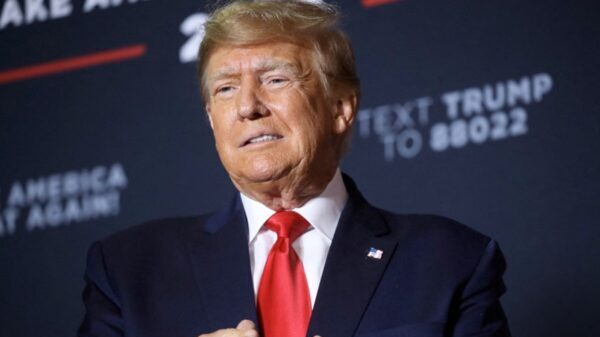In a wordless swipe at Pakistan, external affairs minister S Jaishankar on Thursday condemned repeated attempts to bring bilateral issues into the docket of the Shanghai Cooperation Organisation (SCO) and said similar sweats violate the grouping’s duty Jaishankar made the reflections while addressing the meeting of the SCO council of heads of government that was held nearly under the chairmanship of Kazakhstan. He also spoke on the need for reformed and amped multilateralism to reflect contemporary realities It’s unfortunate to note that there have been repeated attempts to designedly bring bilateral issues into SCO. This violates the well- established principles and morals of SCO Charter,” he said.
“ Similar acts are ineffective to the spirit of agreement and cooperation that define this organisation and should be condemned,” he addedIndia, Jaishankar said, considers the SCO an important indigenous group to promote cooperation in different fields on the base of “ widely recognised transnational morals, good governance, rule of law, openness, translucency and equivalency” Indian officers have indicted Pakistan in recent times of constantly trying to raise bilateral issues similar as Kashmir at meetings of different SCO bodies During a virtual meeting of public security counsels of SCO states in September 2020, NSA Ajit Doval walked out after his Pakistani counterpart, Moeed Yusuf, projected a chart that incorrectly depicted the borders of the two countries and included several Indian regions within Pakistan.
Jaishankar, who represented India at Thursday’s meeting, said SCO is observing its 20th anniversary in a fleetly changing global and indigenous terrain. SCO continues to play a significant part in promoting peace and stability in the region in times of unknown bouleversement, and India is committed to constructively contributing to enforcing the accreditation of the grouping, he said The socio-political impact of Covid-19 is “ far from over and has exposed the weakness of global institutions”, he noted. “ This is the time to bring by important demanded reforms to our global institutions, including the WHO, and rework our development strategies to face apost-Covid-19 world,” he said.
“ For this, we need a reformed and reinvigorated multilateralism that reflects moment’s realities, which gives voice to all stakeholders, addresses contemporary challenges and puts mortal beings at the centre of our study and programs,” he added India believes lesser connectivity is an profitable force multiplier that has acquired lesser significance in thepost-Covid period, though “ any serious connectivity action must be exemplary, transparent and participatory”, Jaishankar said.
Similar enterprise “ must conform to the most introductory principle of transnational law – respect for sovereignty and territorial integrity”, he refocused out In this environment, Jaishankar spoke about India’s sweats to operationalise Chabahar harborage in Iran in order to give secure and commercially feasible access to the ocean for Central Asian state.
“ We’ve also proposed to include the Chabahar harborage in the frame of International North-South Transport Corridor (INSTC). I would like to reaffirm India’s commitment to cooperate, plan, invest and make physical and digital connectivity in the SCO region,” he said Jaishankar also appertained to climate change being the “ biggest empirical trouble” for numerous developing countries and said “ As we move towards practical perpetration of the trade and profitable docket of SCO, we must contemporaneously pay heed to the climate change impact of our common conditioning.”
India now ranks fourth in the world in installed renewable energy capacity, and itsnon-fossil energy energy has increased by further than 25 in the once seven times. Itco-initiated the International Solar Alliance that now has further than 100 member countries and is ready to partake its experience in climate change mitigation and adaption in the SCO format, he said The meeting was attended by leaders of SCO member countries, bystander countries, the SCO clerk general, and the administrative director of the SCO RegionalAnti-Terrorist Structure (RATS).







